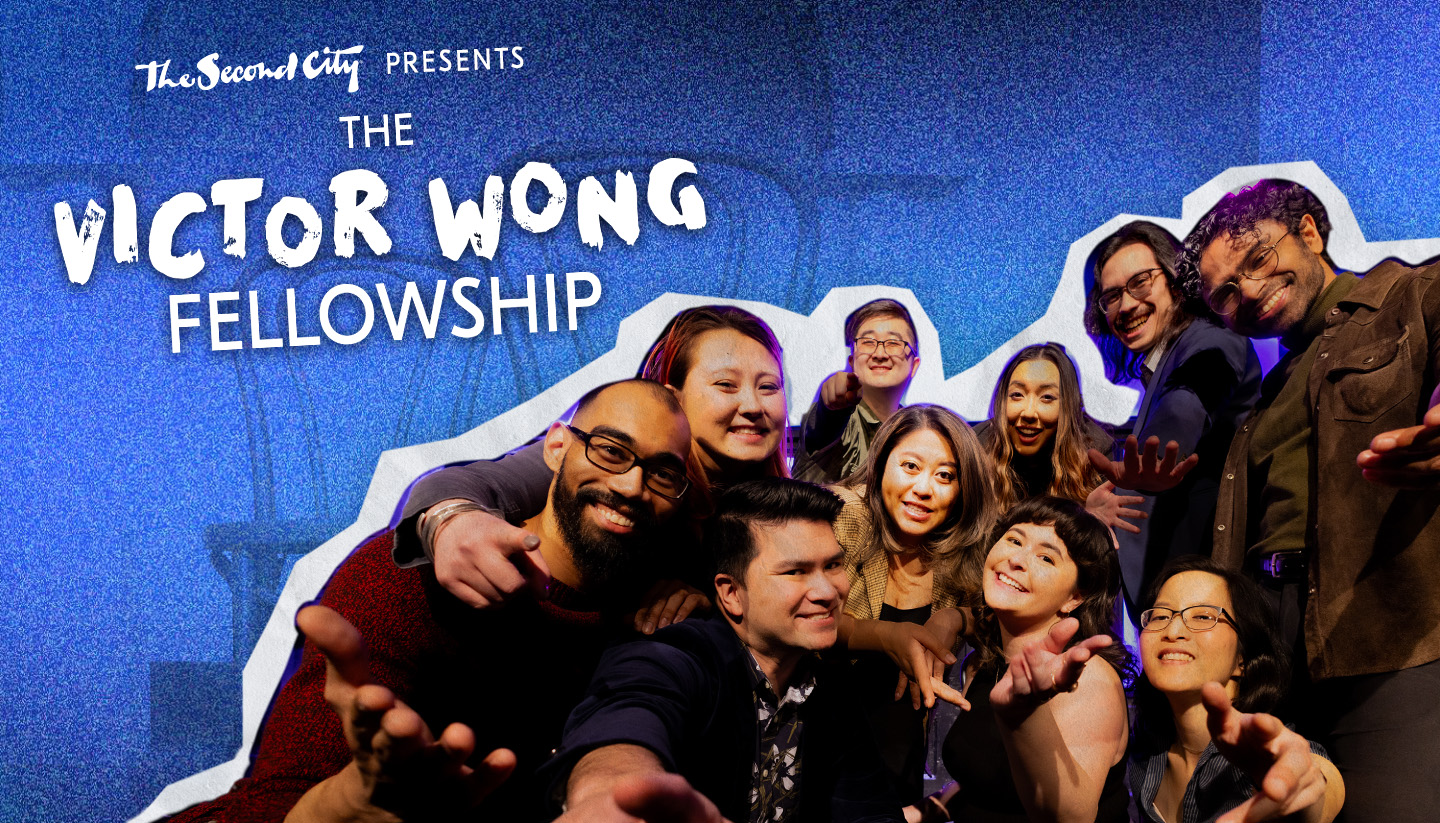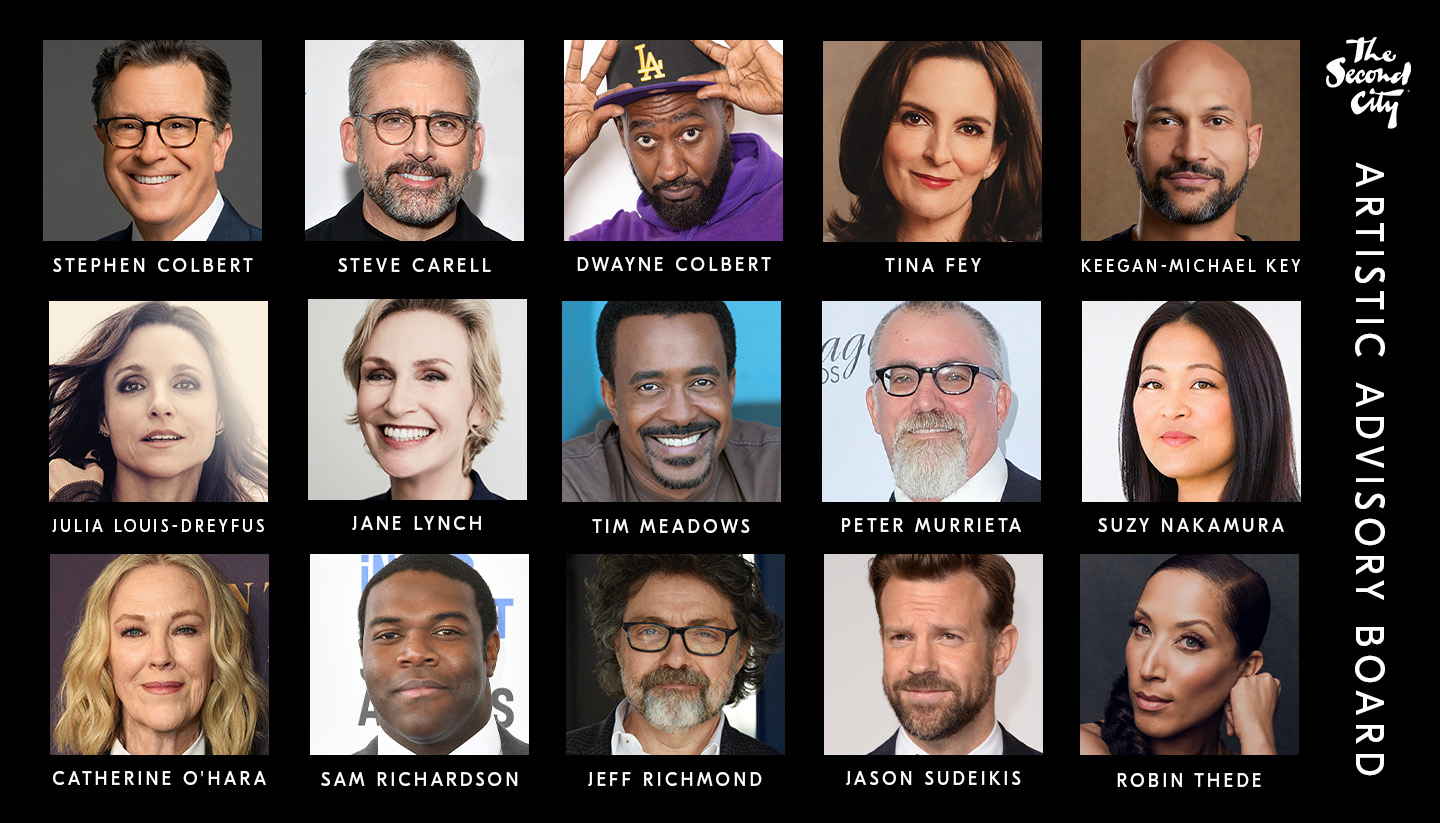Dear Aaron Sorkin,
During a Writers Guild festival last weekend, you were seemingly flabbergasted to learn about the diversity issues that plague Hollywood, asking, “Are you saying that women and minorities have a more difficult time getting their stuff read than white men and you’re also saying that [white men] get to make mediocre movies and can continue on?” Nailed it.
Now, a lot of people are still just trying to wrap their heads around how a man of your stature and accomplishment--who has been in the film business for 29 years--could not see that there was a huge lack of diversity in the industry. But you seemed genuinely concerned, which I appreciate, and open to learning more.
I would like to help you learn. For the low price of exactly $52,539.38.
You’re probably wondering how I derived at this number. Well, Mr. Sorkin, in between the time you were helming “Studio 60 on the Sunset Strip” and “The Social Network,” I was in college studying radio, television and film. I was doing theatre, improv, stand-up and sketch. I was writing and filming my own web series and shorts, working at the on-campus radio station, being a part of the Black Student Union, the marching band, and working three jobs--ultimately accruing the aforementioned $52,539.38 in student loan debt, which I think is an apt amount of money to explain racial and gender inequalities in cinema to a man with an estimated $80 million net worth.
I would start your education by examining your own work. Like how in your hit television show “The West Wing,” one out of the 12 lead actors was a person of color, and two out of the 32 credited writers were women of color. Or like how on “Sports Night,” one of 13 lead actors was a person of color, and zero people of color were employed on the 15-person writing staff. Or even how on “Studio 60 On The Sunset Strip,” two out of 12 lead actors and one out of 16 writers were people of color.
In the combined 17 minutes of trailer time for your films “Steve Jobs,” “Moneyball,” “The Social Network,” “Charlie Wilson’s War,” “The American President,” “Malice,” and “A Few Good Men” people of color appear in a total of just 30 seconds of screentime, usually in the capacity of one of these three functions:
- Opening a door
- Standing by a door
- Looking at Jonah Hill
You probably didn’t notice the imbalance, since you grew up in Scarsdale, a town made up of an 85% white and 1% Black population. Maybe that’s why you’ve assumed that the White House staff, sports newsrooms and sketch comedy television programs only have one Black dude working there--but then again, you spent your more formative post-college years in New York City during the 80s.
In addition to pointing out that your personal catalog’s incredible lack of diversity, I think we can also safely open the door to these issues as a whole in Hollywood.
But again, that’s just how I’d start...if you paid me that $52,539.38.
I’d go on to explain how the massive wage gap issues in Hollywood can be a huge deterrent for people of color and women looking to make a break in the business. For example, women in Hollywood typically make 30 cents to every dollar that their male counterparts do. Need an illustration? Academy Award winner Natalie Portman most likely made three times less than Ashton Kutcher for “No Strings Attached.”
It’s even harder for people of color, and especially women of color. The dude who plays “Sheldon” on “Big Bang Theory” makes $1 million per episode. To compare, Oscar winner Viola Davis reportedly makes $250,000 per episode for “How To Get Away With Murder.” Taraji P. Henson and Terrence Howard make $175,000 for Empire, one of the highest-rated TV dramas in years. And Tracee Ellis Ross? She’s paid $80,000, which is $20,000 less than her male co-star on “Black-ish.”
Mr. Sorkin, have you seen how incredible Tracee Ellis Ross is on “Black-ish?” There is utterly no reason she should only be paid just $27,460.62 more than what you’ll be paying me for explaining the racial discrepancies in Hollywood!
Finally, Mr. Sorkin, I’d like to point out how you asked, “if you are a woman or a person of color, you have to hit it out of the park in order to get another chance?” Yeah, pretty much! As the old adage of being Black goes, we have to work twice as hard to get half of what they got. This applies in the entertainment industry, working in an office or the presidency. We’ve sat through white people’s reboots, remakes, sequels and prequels. How many times do we have to watch Tom Cruise as “The Last Samurai” or Matt Damon on “The Great Wall” to get to refreshing storytelling like “Moonlight?” Is Hollywood’s obsession with whitewashing or white mediocrity our fault for “not hitting it out of the park,” or is it just an industry standard set years ago by bronzing up Elizabeth Taylor and saying she’s Egyptian?
Maybe it’s even the fact that, about once a year, a movie comes out that’s like, “Hey, Black people! Remember the worst years for you guys in American history? Well, here’s three hours of ‘Slavery: The movie! Starring Handsome White Guy as the Good One! Lady with her Hair Aflutter as The Abolitionist! And Slave Joe played by Adam Sandler, of course!’” When it’s not that, we’re typically relegated to tokenism or embarrassingly stereotypical characters. I personally have auditioned for some form of a thug or drug addict at least 50 times. I once auditioned for a cyber-tech thug, so I was like, at least it’s something a little different.
When we create opportunities ourselves. it’s constantly met with resistance--like how the trailer for Netflix’s “Dear White People” was flooded with dislikes and negative comments because of its simple request: don’t wear blackface.
Mr. Sorkin, I would love to go into great detail about how you and rest of Hollywood can effectively begin to allow voices of color and women to get into writers’ rooms, production offices and on the screen. But I can only do that after a payment is made to NELNET and Kentucky Higher Education Student Loans split into $39,196.44 and $13,351.10, respectively.
I hope that we can come to terms on this written proposal of mine, because like you said, “If you write it, they will come.” I certainly hope you do invest in this knowledge, Mr. Sorkin, and if not, then maybe you can’t handle the truth.
Sincerely,
Martin Morrow
P.S. Pay me!
______________________________________________________________________
Martin Morrow (@martinMmorrow) is an ensemble member in The Second City’s 105th Mainstage revue The Winner…Of Our Discontent. You can also catch him during “Mondays With Morrow” at Laugh Factory Chicago and at the Birmingham Comedy Festival on Sunday, May 21st.

 Shows & Tickets
Shows & Tickets  Chicago Venue Info
Chicago Venue Info  Classes & Education
Classes & Education  Second City Works
Second City Works  Second City Network
Second City Network  Our Legacy
Our Legacy 













